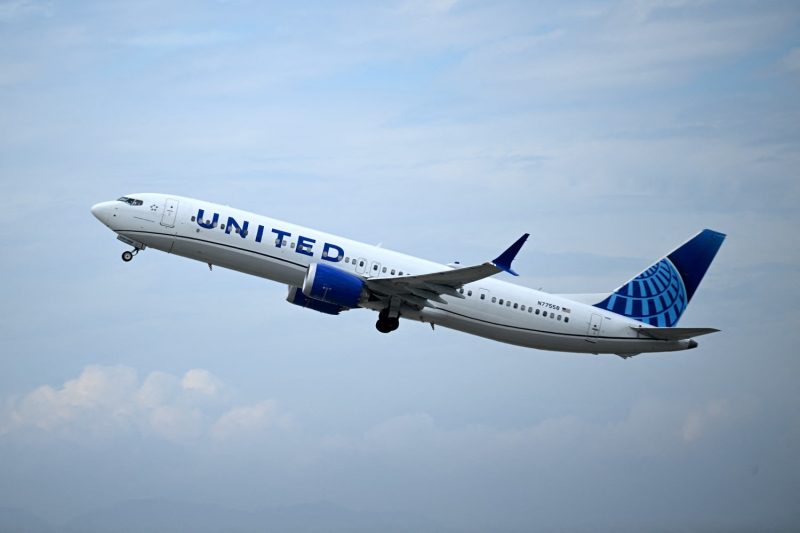
Flight Plan on Hold: United Halts Pilot Recruitment Due to Boeing’s Shipping Snags
United Airlines Halts Pilot Hiring Due to Boeing’s Delivery Delays
The aviation industry continues to face challenges as United Airlines recently announced its decision to pause pilot hiring. The reason behind this unprecedented move was traced back to Boeing’s ongoing delivery delays, which have had a cascading effect on airlines around the world. This decision marks a significant moment for United Airlines, as it reflects the broader impact of manufacturing challenges on the airline’s operations and workforce planning.
Boeing, a major player in the aerospace industry, has faced various setbacks in recent years, leading to a ripple effect across the aviation sector. The delayed deliveries of Boeing’s aircraft have not only disrupted the company’s production schedule but have also created operational challenges for its customers, including United Airlines. The pause in pilot hiring is a direct response to these delays, as United seeks to align its workforce with the revised aircraft delivery schedule.
United Airlines’ decision to halt pilot hiring sends a clear signal about the impact of supply chain disruptions on the aviation industry. By putting a temporary hold on recruitment, the airline aims to manage its resources efficiently while navigating through the uncertainties caused by Boeing’s delays. This move underscores the need for airlines to adapt and strategize in response to external factors that are beyond their control.
The implications of United Airlines’ decision are far-reaching, affecting not only the airline’s internal operations but also its overall growth and service offerings. The halt in pilot hiring could potentially impact the timeline for expanding flight routes, acquiring new aircraft, and enhancing customer experience. These challenges highlight the interconnected nature of the aviation ecosystem and the need for a collaborative approach to address industry-wide disruptions.
As United Airlines adjusts its hiring strategy in light of Boeing’s delivery delays, the airline must also focus on maintaining its commitment to safety, efficiency, and customer satisfaction. By leveraging its existing workforce and optimizing operational processes, United can navigate through this turbulent period and emerge stronger in the competitive aviation landscape. The airline’s ability to adapt and innovate in response to external challenges will be crucial in shaping its future trajectory.
In conclusion, United Airlines’ decision to pause pilot hiring in response to Boeing’s delivery delays sheds light on the intricate dynamics of the aviation industry. This development underscores the importance of agility, resilience, and collaboration in overcoming supply chain disruptions and sustaining operational excellence. As the airline navigates through this challenging period, its strategic decisions will play a pivotal role in shaping its long-term success and competitiveness in the global marketplace.
